At the 100th session of the Inter-American Tropical Tuna Commission (IATTC), the body responsible for regulating and managing tuna fisheries in the eastern Pacific, delegations passed a resolution to strengthen transshipment regulations. This measure aims to further improve the transparency of tuna fishing in the IATTC convention area and limit the capacity of vessels to engage in illegal, unreported and unregulated (IUU) fishing.
The transshipment measure brought by the European Union sought to increase monitoring and allow authorities to better track and audit data on transshipped catch.
While the transshipment measure was a positive step forward, a group of delegations, led by China, were instrumental in the rejection of several proposals that had the potential to improve the transparency and traceability of tuna, a core objective of the Global Tuna Alliance (GTA).
One such ambitious proposal from Ecuador, that would have increased observer coverage onboard longline vessels of 20 metres or more from 5% to 100% by 2026, was blown out of the water by a group of delegations from Asia. This was in spite of compromises that resulted in the proposed requirement for electronic or human monitoring onboard longline vessels to be set at just 10%. The GTA, who share the ambitious aim of 100% observer coverage, presented a joint declaration with PEW in support of this proposal, but to no avail.
Another success story was the passage of a harvest strategy for North Pacific Albacore, which was also backed by the GTA. This strategy will aid efforts to keep stock levels healthy. However, harvest control rules – which would have set pre-agreed guidelines that determine how much fishing can take place – were delayed, denting the strategy’s immediate impact.
In the run-up to the meeting, which took place last week, the Global Tuna Alliance ran a campaign under the label of #TransparentTuna. They set out a list of asks, a response to the initial proposals and hosted a roundtable discussion between IATTC delegations and GTA Partners, who are retailers and tuna supply chain companies of whom 30% of all tuna produced globally passes through.
In a statement ahead of the roundtable, Dean Holzer, President of D&E Import emphasised the growing value that customers are placing on the traceability of tuna, saying: “Consumers are inundated with options when it comes to shopping for groceries. A deepening consideration for them is where their food has come from and if the harvesting process is sustainable, and tuna is no exception.”
He added that advancement on key issues relating to transparency and traceability in tuna fishing would “improve our confidence in procuring tuna from fisheries operating in the eastern Pacific.”
Commenting on IATTC’s progress, Albert Arthur, Director of Outreach and Engagement at the GTA said: “Last year, IATTC took big leaps forwards in its adoption of conservation measures for tropical tunas and an agreement to implement a Port State Measure. The fact that this degree of momentum was not maintained this time around will surprise very few.
“The GTA are pleased with the progress made on improving the transparency of the tuna fishing industry in the eastern Pacific with the strengthened transshipment regulation, and with more members now opting into the Port State Measure. We’re also delighted to see a harvest strategy adopted for North Pacific albacore, building from last year’s progress.”
“We are somewhat disappointed by a few CPCs who want to avoid accountability by blocking improvements to observer coverage. Doing so would increase the credibility of tuna fisheries in the IATTC convention area and make it more viable for our Partners to do business in the area.”
“But mostly, we are impressed by the ambition, co-operation and sense of responsibility shown by the majority of IATTC delegations who understand the stakes and what the market is looking for.”
NOTES
The Global Tuna Alliance is an independent group of retailers and supply chain companies, working to ensure that tuna ultimately meets the highest standards of environmental performance and social responsibility.
